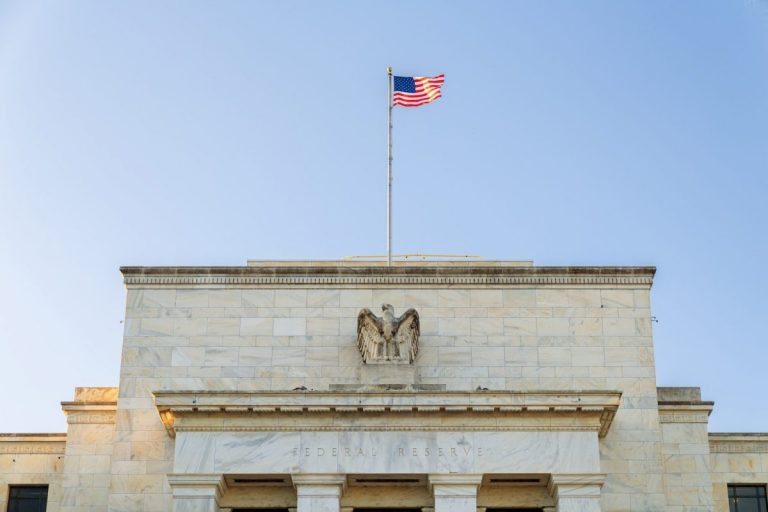Hind Rajab Foundation Takes Aim At European Investment Bank
The Hind Rajab Foundation’s (HRF) complaint against the European Investment Bank (EIB) for alleged complicity in Israeli war crimes has advanced to a formal assessment phase within the bank’s Complaints Mechanism (EIB-CM), Anadolu Agency reported on 4 November.
HRF said the step is not merely procedural but represents “a political and legal milestone” and “a turning point,” forcing a European institution to reckon with its role in grave breaches of international law.
The group described it as one of the first legal actions within the European Union that directly challenges the financial complicity of an EU institution in Israeli war crimes.















